The MnFIRE team is gearing up for the 2022 MnFORE Golf Tournament on Monday, July 25 – and we hope you’ll join us!
The golf tournament will be held at the Bearpath Golf & Country Club in Eden Prairie on the luxurious Jack Nicklaus Signature Course. All proceeds benefit MnFIRE, which provides Minnesota’s firefighters with the tools they need to prioritize and protect their health by focusing on the three health problems most commonly experienced by those in the fire service: cardiac, cancer and emotional trauma.
MnFORE funds important programs designed to help firefighters and their families. Your registration fee includes the following:
- 18-Hole round of golf
- Cart
- Boxed lunch
- Happy Hour
- Plated dinner
- And MORE!
Register yourself or a foursome here. Non-foursome groups and single golfers are welcome – we will pair golfers for an afternoon of fun. Golfer spots are filling up fast, so register today!
While numerous amazing organizations have already stepped up to sponsor the event, there are still opportunities for businesses and individuals to sponsor this year’s golf tournament benefitting Minnesota firefighters. Check out our full list of sponsorship levels and opportunities.
If you have any questions regarding the event, or if you would like to volunteer or donate, or become a sponsor, please contact Gina Calistro by phone at (612) 309-4462 or email, gcalistro@mnfireinitiative.com.

